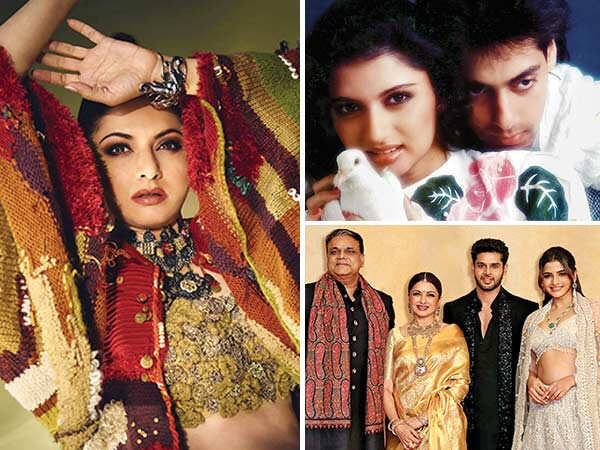
Bhagyashree and Suman. Even 35 years later the real and the reel remain entwined. As the sanskari Suman in Sooraj Barjatya’s epic Maine Pyar Kiya (1989) Bhagyashree symbolises the perfect Indian girl: respectful yet resolute, demure yet determined and a rebel in love. Uncannily, a similar screenplay of obsession vs opposition was being played out in her personal domain. The ‘princess’ of Sangli had fallen in love with schoolmate Himalaya Dassani and even got married to him during the filming of MPK much to the chagrin of her parents, Raja Vijay Singhrao Madhavrao Patwardhan and Rajlaxmi Patwardhan. Eventually easing out from films, the overnight sensation then dedicated herself to domesticity leaving fans and the fraternity distraught. But Bhagyashree never left the public consciousness. Her appearances on television shows, OTT and in films – more recently a cameo in Salman Khan’s Kisi Ka Bhai Kisi Ki Jaan – find its share of cheerleaders. Given her flair for fitness and fashion along with culinary verve, hers is a charismatic presence on social media.“Bhagyashree means ‘fortunate’. I started manifesting the meaning. I’ve enjoyed every phase of my life – doing films, marrying the man I loved, nurturing a family… My children, Abhimanyu and Avantika, are the wind beneath my wings. They now urge me to go out and conquer the world,” she beams. Excerpts from a free wheeling interview. Read on:
Maine Pyar Kiya (1989) was re-released last year on its 35th anniversary. What made the film special?
I count my blessings every time I meet people, who tell me Maine Pyar Kiya impacted their lives. What resonated with people is perhaps the simplicity of the characters; they’re identifiable and close to life. They were not over the top. Also, the team was fresh. It was Soorajji’s (Barjatya) first film just as it was mine. It was Salman Khan’s first as lead. The belief that Soorajji had in us made us believe in ourselves. Above all, we had Lady Luck on our side.
It’s difficult to separate the protagonist Suman from you. What’s the similarity you share with her?
It’s been 35 years and people still see me as Suman. The respect that Suman has for all the relationships in her life, towards elders and youngsters, is one similarity I share with the character. Whether it’s the household help, her friend or her father… Suman holds them all in regard.
The frenzy post the release of Maine Pyar Kiya was immense. Can you share some experiences?
I could write a book on that. The staircase outside our house would be lined up with Santa Claus-like sacks, full of fan mail. People even wrote in blood. Reportedly, some people fell off the theatre balconies while dancing and throwing coins as the song Kabutar ja ja ja… played on screen. For a long time, I couldn’t step out of my house. Finally, I developed courage and went to a high-end showroom in Breach Candy to shop for my baby. But within a few minutes I was mobbed. People broke the glass windows to enter. The storekeeper ushered me out from the backdoor. He requested, ‘Whatever you wish to purchase will be sent home. Please don’t visit the store. We can’t handle so much loss.
Belonging to a conservative family, you refused to do certain romantic scenes in MPK?
I was brought up in a traditional home. I was shy. It was the first time I was being filmed in close proximity with the opposite sex. When asked to do certain scenes I’d say, Yeh nahi ho payega. Salman and Soorajji were extremely supportive. They’d try to make me understand the necessity of the scene or suggest alterations. We worked as a team with mutual respect. For instance, I said why should I pull up my skirt to show my ‘hurt’ knee, when we can show the ankle being hurt instead? In retrospect, all that I refused to do ended up turning into iconic scenes. Like when I refused to wear the off-shoulder dress during the Mere rang mein song, Soorajji suggested that I spread a golden drape over the outfit. This way, Prem (Salman) can see Suman in the modern dress, while the audience can’t. That heightened the sense of romance.
What was Salman Khan like in those days?
Salman was mischievous and a lot of fun. He’s also a solid guy. He made me feel safe. If someone ever tried to misbehave with me he’d cut it short. He was extremely protective of me. When I decided to get married to Himalaya, Salman was among the first few to know. We had an impromptu reception after the wedding. Salman stayed till the end. He’s someone who’ll stand by you no matter what. Post marriage whenever we met he’d ask, ‘Is everything okay? Do you need me to come over and talk about anything?’ He was like an elder brother with a main hoon vibe.
Belonging to a royal family in Sangli, how did your father react when he saw you on the screen?
When I joined college my father categorically stated ‘no more skirts’. I remember during the trial of Maine Pyar Kiya, when Dad saw me in jeans in a scene; he turned around and gave me a questioning look. That psyches you. But now times have changed. Today, when I’m at a beach resort I wear shorts. It’s also important to respect every situation. Like during a family function, if you walk around in a short dress, it would be disrespecting the elders.
Despite your conservative background, you chose to have a love marriage in 1989. How difficult was it to go against your parents’ wishes?
It was traumatic and heartbreaking. But every change requires a revolt. Your conviction can help you cross mountains and oceans. I chose love over fame, money, career and a traditional wedding where I’d have been expected to marry royalty. I belong to a Maharashtrian family. Himalayaji is a Marwari Rajput from Rajasthan. When I married Himalayaji, he wasn’t that well off. But what mattered was the belief that this is the person with whom I want to spend the rest of my life. I’m ready to fight tooth and nail for my priorities. Often in life you find yourself at crossroads. Once you’ve made a decision, you stand by it and make it work.
Was it tough adjusting given you were a star?
Himalayaji and I got married in January 1989. I shot for the film’s posters and the patchwork of the film after I got married. The film released in December 1989. At that point I was pregnant. I delivered Abhimanyu in February 1990. When people ask me how I felt after the success of Maine Pyar Kiya, I was barely aware. I had this beautiful baby with me. That’s all I could see. Life’s not a bed of roses. It would be boring if it were. If life was like a fairytale, I wouldn’t have come to know the mettle, the strength I’m made of. I’m a far better person today than what I was at that point of time. Challenges help you grow. I’m perhaps an old soul.
What was Himalaya’s role in helping you deal with the new life?
I had a serious temperament. I was attracted to Himalayaji because he made me laugh. He made light of a situation that would have otherwise bogged me down. I didn’t share my worries with him. I doubt if that would have helped. But yes, he helped me see circumstances in a different perspective. Nevertheless, he was also young and in his 20s then. He was not only a husband but had also turned father. We stayed in Vile Parle those days. His friends would come underneath our building and shout out saying ‘let’s go for a drive’. Himalayaji would say, ‘Hey guys, you have forgotten I’m married now and have a wife.’
Yash Chopra apparently called you ‘a stupid girl’ for opting out of films…
From the professional perspective the only two regrets I have is not working with Manmohan Desaiji and Yash Chopra uncle. For the longest time both kept saying ek baar haan bol do and we will start the film. Regretfully,
I didn’t.
Did Himalaya feel possessive of his dream girl?
Obviously, anyone would feel so. He wanted to cocoon me and keep me all for himself. I believe that hasn’t changed even now.
What’s the secret of a healthy relationship?
Respect comes first. It’s important to respect each other not as monozygotic beings but as distinct individuals. People want their spouses to be their replicas. And when that happens they can’t handle it. Secondly, it’s important to be friends. Dosti mein pyaar ho jaata hai but in the course of time you tend to forget you were friends first. In friendship you fight and make up. You don’t hold grudges. You accept each other.
During the shooting of the TV series Laut Aao Trisha (2014), you couldn’t move your right hand and were advised surgery. How did you overcome that crisis?
Those days ‘depression’ was not an easily used term. There was less awareness. Maybe, I was going through it. I kept to myself. I was not in the best space emotionally, mentally and physically. I’d lost belief in myself. One day I stood in front of the mirror and asked myself whether I wanted to befriend this ‘under-confident’ and ‘recluse’ of a person. The answer was no. I had become like those, who blamed others for things going wrong in their lives. I decided to change things. I educated myself about the illness.
How did that help?
I enrolled for virtual nutrition and fitness courses from Stanford University and University of Pennsylvania. Learning opened my vision. Each day I set small goals to conquer. Every time I took an exam online and surpassed myself, it increased my confidence. My health improved. I began sharing my knowledge with others. When you help people,
the blessings are immeasurable.

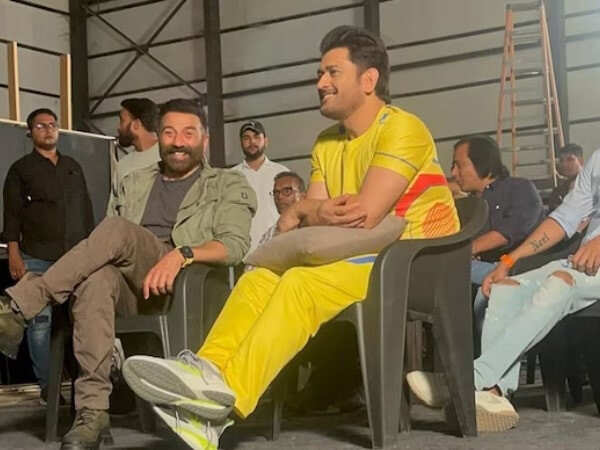
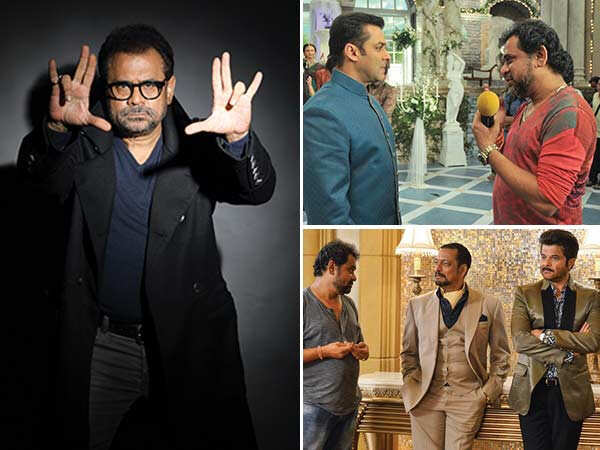
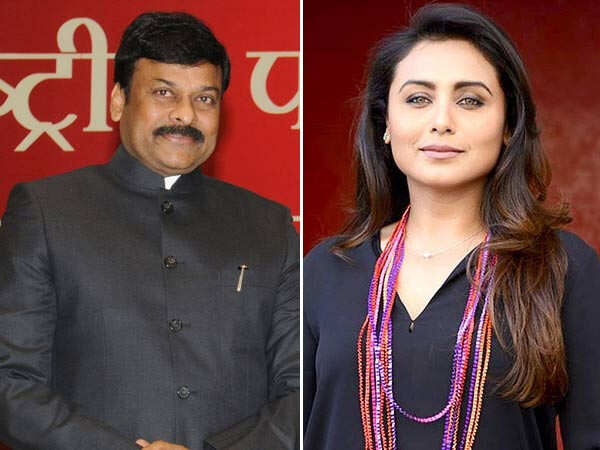
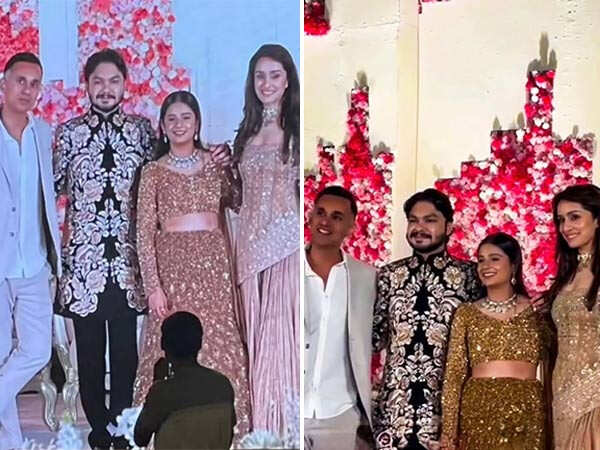
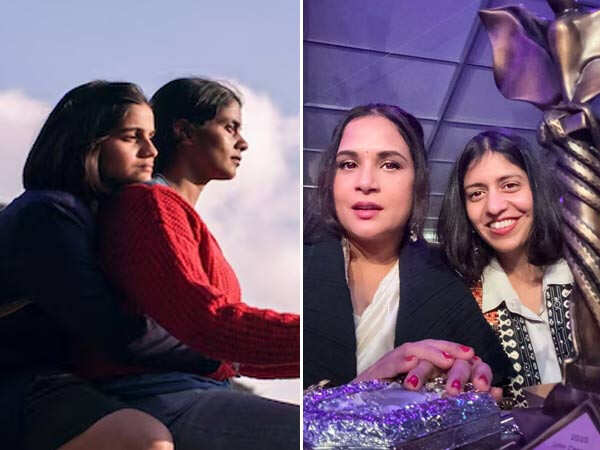
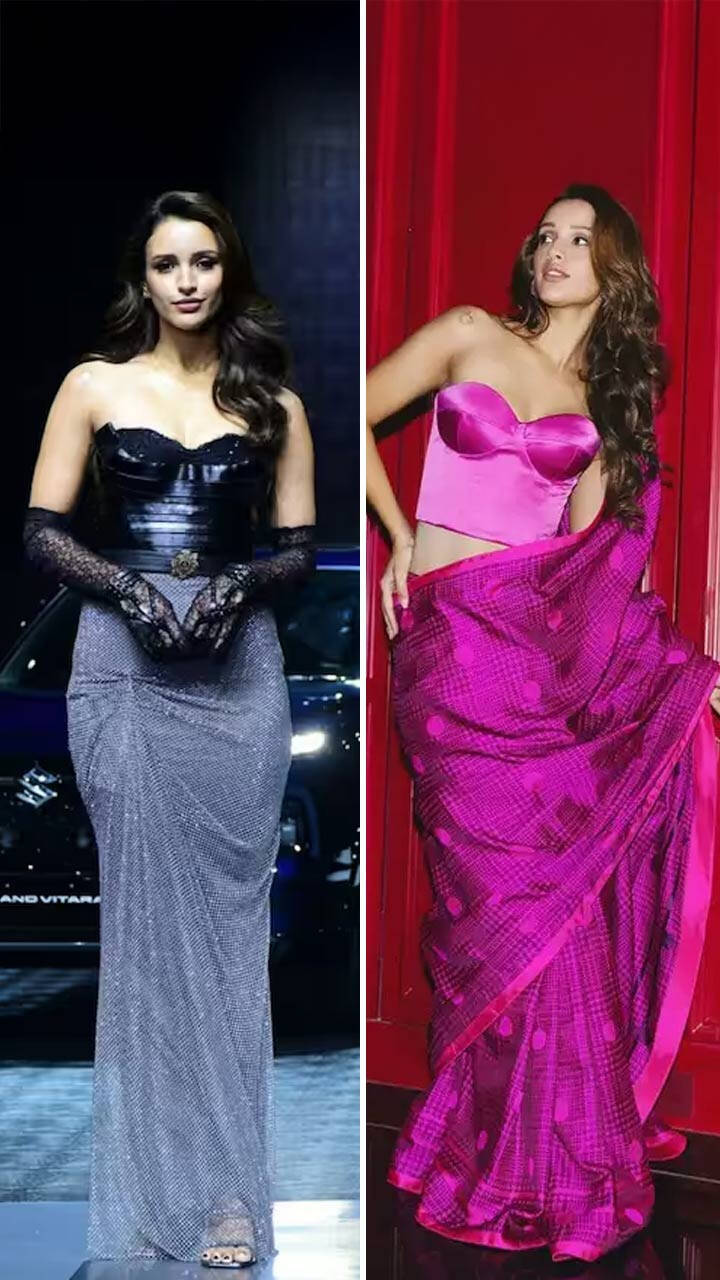
![Any Day (2015) [1080p] [BluRay] [5.1] [YTS.MX]](https://img.yts.mx/assets/images/movies/any_day_2015/medium-cover.jpg)

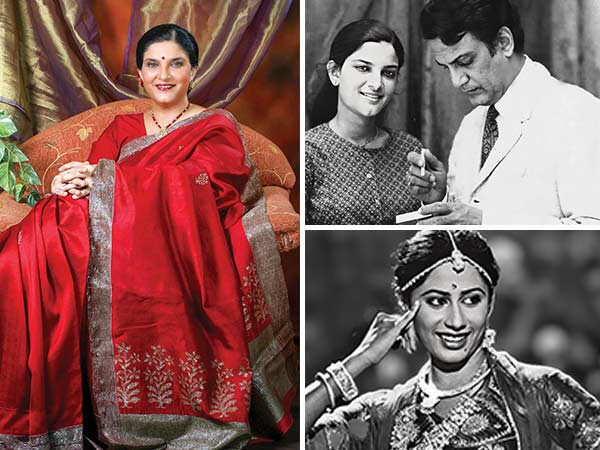
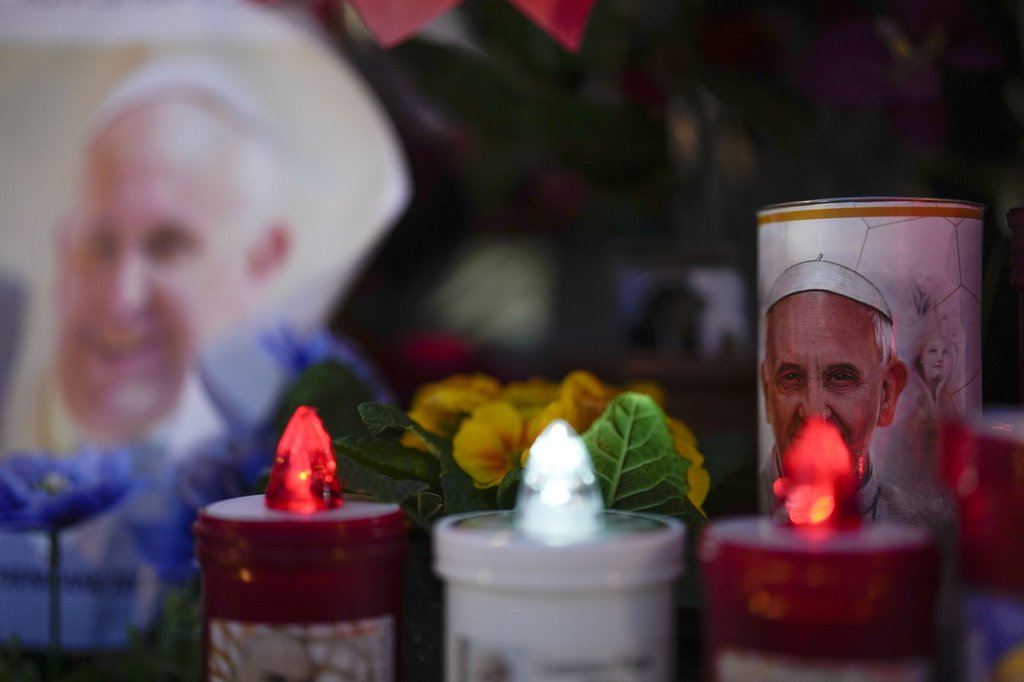
![Overcome (2008) [1080p] [WEBRip] [YTS.MX]](https://img.yts.mx/assets/images/movies/overcome_2008/medium-cover.jpg)
![My Suicide (2009) [1080p] [WEBRip] [5.1] [YTS.MX]](https://img.yts.mx/assets/images/movies/my_suicide_2009/medium-cover.jpg)
![2024 Rock & Roll Hall of Fame Induction Ceremony (2024) [1080p] [WEBRip] [5.1] [YTS.MX]](https://img.yts.mx/assets/images/movies/2024_rock_roll_hall_of_fame_induction_ceremony_2024/medium-cover.jpg)